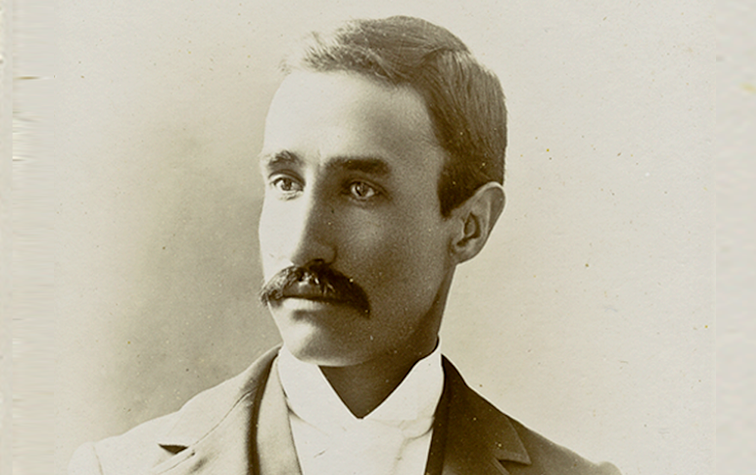Fabián García
Horticultural Pioneer & Champion of Education For All
(b. 1872, Chihuahua, Mexico–d. 1948, Las Cruces, NM)
García often talked about his belief that education is a powerful pathway to help students develop their highest and most noble nature, to become "not only keen, sagacious and shrewd but broadminded, evenly and sympathetically balanced, tolerant, sweet and charitable."
Acclaimed for making spicy chile more accessible to American palates, García is enshrined in the Agricultural Hall of Fame and the National Hall of Fame for the American Society for Horticultural Science and memorialized at NMSU with many campus buildings and awards named in his honor.
After Fabián was orphaned at age two, his grandmother brought him to Southern New Mexico, where they worked for local fruit growers. He became an American citizen and graduated from the New Mexico College of Agriculture and Mechanic Arts (now called NMSU) in its first graduating class of 1894, continuing his studies to earn a master’s degree in agricultural science in 1906.
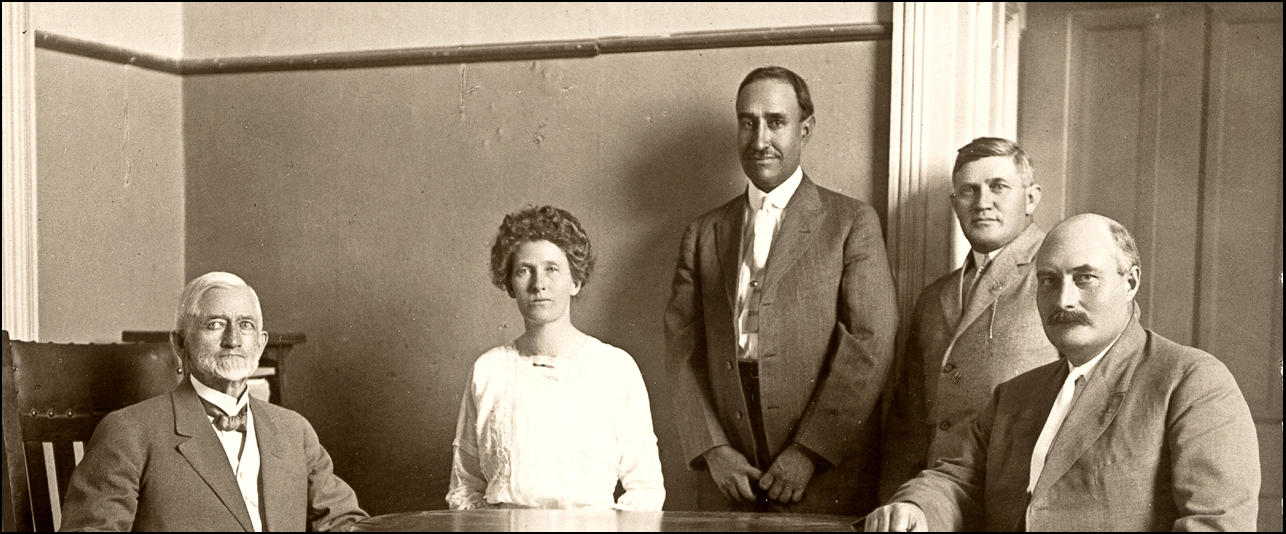
García developed new varieties of chile peppers, pecans and onions, including green chiles that were mild enough to be enjoyed by people unused to spicy foods. He specialized in breeding bright red chiles, and today chile is a leading source of natural red color, used in everything from lipstick to foods. He helped establish New Mexico’s pecan industry and laid the groundwork for New Mexico’s commercial onion industry. He also developed new varieties of cotton, apples, grapes, peaches and potatoes better suited to New Mexico’s arid climates. He even discovered a new American honey bee – the Nomada (Micronomada) garciana – named in his honor.
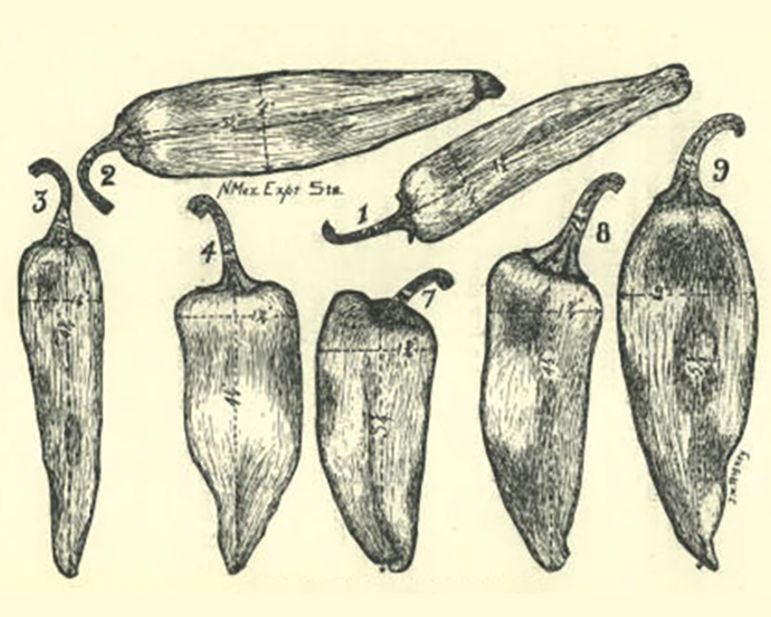
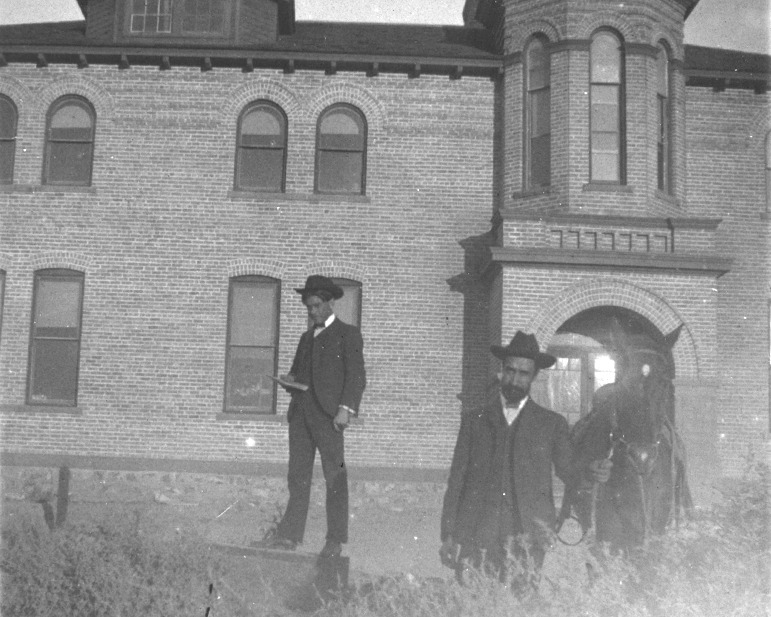
García became director of the college’s Agricultural Experiment Station in 1913 and was the first Hispanic named as director of agricultural research for a U.S. land grant university – a position he held for 30 years. Even as an administrator, he continued his innovative plant breeding work, publishing his research findings in both Spanish and English.
In 1927, García received an honorary Doctorate of Agronomy from New Mexico A&M (now NMSU), in recognition of the outstanding economic opportunities his research opened for New Mexico farmers. In 1942, he received a similar honorary Doctorate of Science from the University of New Mexico.
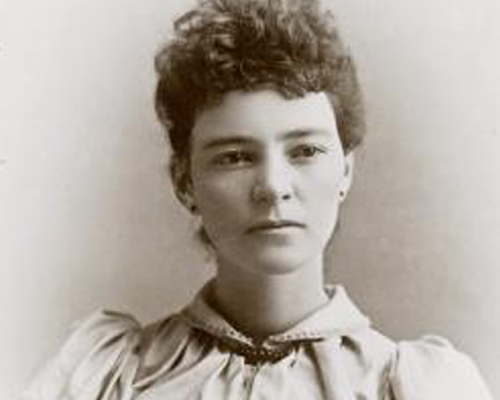
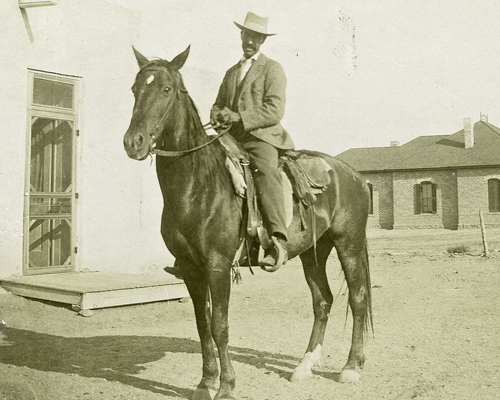
But perhaps García’s greatest life passion was helping students. García often talked about his belief that education is a powerful pathway to help students develop their highest and most noble nature, to become "not only keen, sagacious and shrewd but broadminded, evenly and sympathetically balanced, tolerant, sweet and charitable." Although he and his wife Julieta (née Amador) had no living children, he worked tirelessly to help young Hispanics earn college degrees, often by helping them pay for tuition and living expenses, and helping them find housing. García willed much of his estate to support NMSU’s construction of a dormitory for those in need, now called García Center. "I want to help poor boys, because I know their hardships," he explained.
NMSU has honored García’s many achievements by naming its horticulture farm, faculty senate chamber, student advising center, and a large dormitory in his honor. It also established the Fabián García Memorial Scholarship and the Fabián García Multicultural Scholars Program. García passed away in 1948, but his legacy lives on, not only in our state’s agricultural industry, but also in the descendants of the many NMSU students he encouraged by his example.
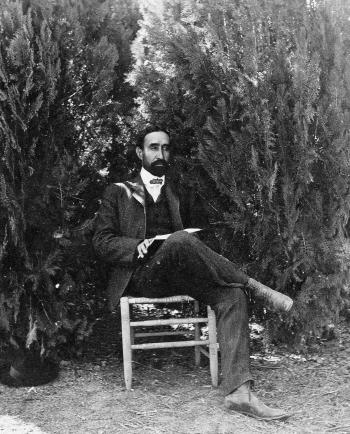
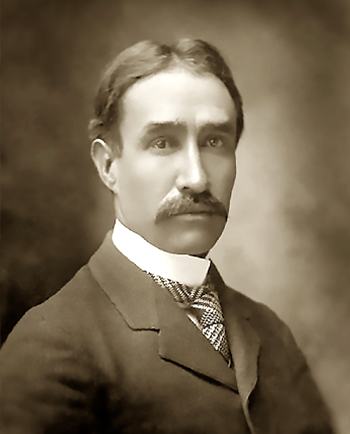
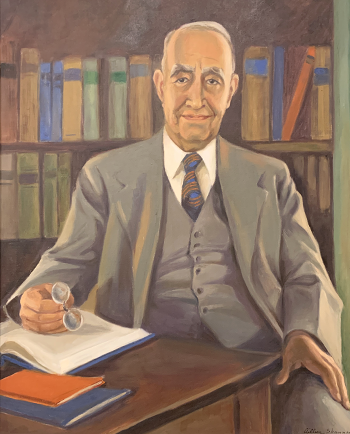
Fabián García's Chile Pepper and the Botanical Transformation of the Borderlands
Dr. Peter Kopp, former NMSU history professor, is working on a book about Fabián García's life and research. García's scientific discoveries had a profound botanical and cultural effect on the borderlands and the nation.
- Poster about Fabián García
This downloadable poster provides the information in PDF form.
